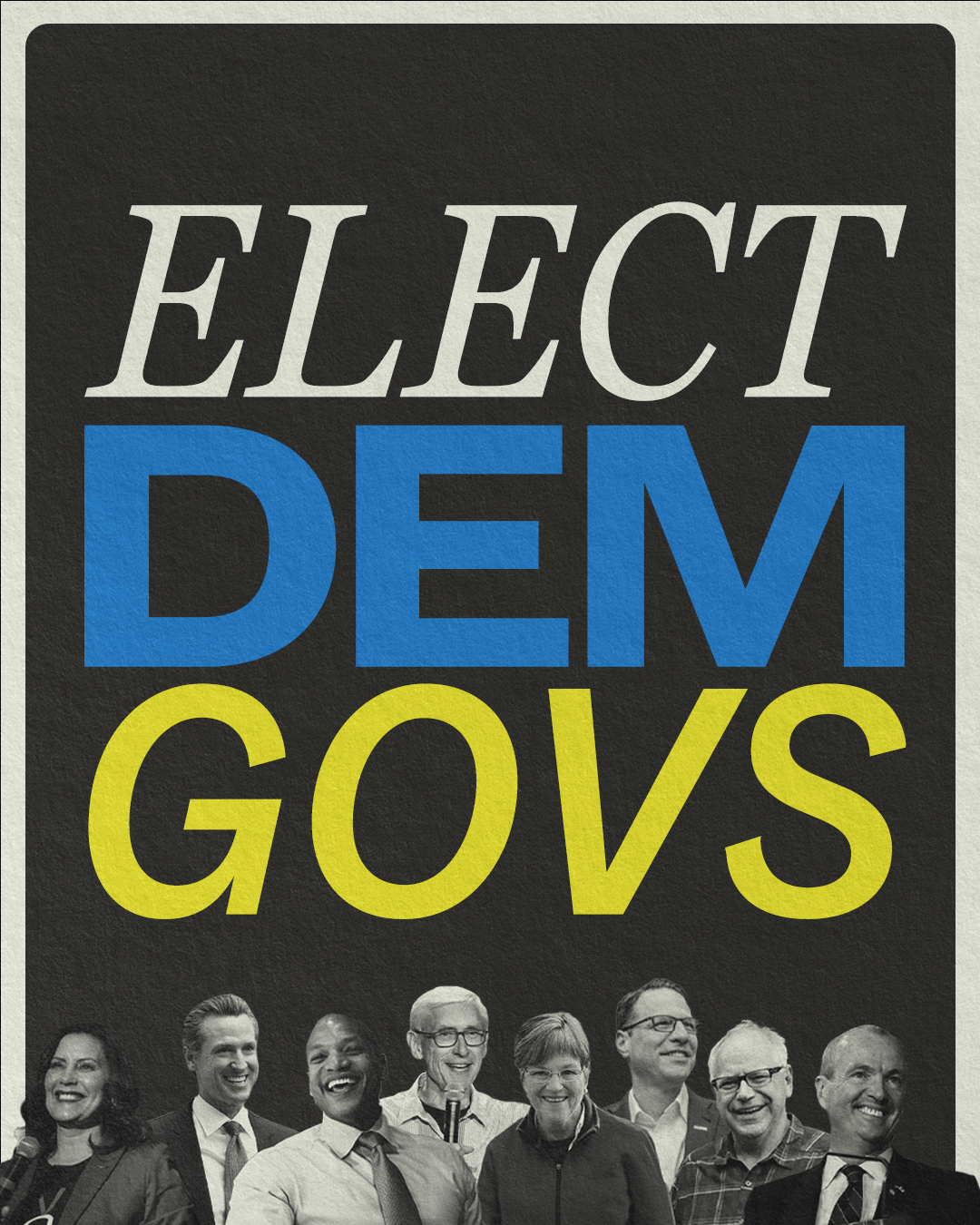Report: Scott Walker decisions drove insurance rates higher in Wisconsin than in Minnesota
• STEVEN ELBOW | The Capital Times | selbow@madison.com
A consumer advocacy group said Wednesday that Wisconsin Gov. Scott Walker’s rejection of federal Medicaid money and the state’s hands-off approach to rate regulation has pushed health care exchange rates up to 99 percent higher than in neighboring Minnesota.
Robert Kraig, the executive director of Citizen Action of Wisconsin, said a report he co-authored shows that “rates are much higher in Wisconsin than in Minnesota, despite having similar geographies and similar underlying medical costs.”
Kraig said Wisconsin insurance exchange premiums for a single person are an average of 79 percent to 99 percent higher than premiums in Minnesota, before tax credits are applied. He said the average Wisconsinite will pay $1,800 more annually for health care.
The cost differential has hit some areas harder than others: In La Crosse, the average cost is 136 percent higher than Minnesota’s average, in Eau Claire it’s 116 percent higher, and in Milwaukee it’s 112 percent higher.
In Madison, where the premiums are lowest in the state, rates are 67 percent higher than Minnesota’s average.
“These are very startling differences in premiums just across the border,” Kraig said.
He said higher Wisconsin premiums will hit middle-class Wisconsinites hardest because Affordable Care Act tax credits lessen the impact on low-income people who buy their plans on the insurance exchange.
Kraig said there are two main reasons for the disparity: Walker’s rejection of $119 million in federal dollars to expand BadgerCare, the state’s Medicaid program, which pushed about 92,000 low-income people onto the health exchange; and the state’s lack of oversight of insurance company rates.
Kraig said the low-income people entering the health care exchanges, who would have been eligible for Medicaid, tend to have more medical needs, which drives up premiums.
Wisconsin’s Office of the Commissioner of Insurance has not challenged insurance rates, while Minnesota has exercised a rigorous rate review. The Affordable Care Act provides for money to conduct such reviews.
“Minnesota used rate review to challenge all insurance premiums that were excessive based on underlying medical costs, and the Walker administration has refused to do so,” Kraig said.
Kraig said the rate review in Minnesota resulted in up to 37 percent reductions in rates.
“We have taken in Wisconsin a clearinghouse approach,” he said. “The insurance company just says, ‘Here’s our rate in the exchange,’ and the state of Wisconsin says, ‘OK.’”
He said while Wisconsin’s leaders have, by their inaction and a general opposition to the Affordable Care Act, encouraged high premiums, Minnesota’s decision to use the tools offered in the health care reform law have driven premiums in the other direction.
“That’s going to make Wisconsin consumers across the state next year pay a very heavy price in higher premiums,” he said.
Read more: http://host.madison.com/news/local/writers/steven_elbow/report-scott-walker-decisions-drove-insurance-rates-much-higher-in/article_8e584b76-c03b-55f5-a44d-13a4867e92ed.html#ixzz2ieXcphpM


